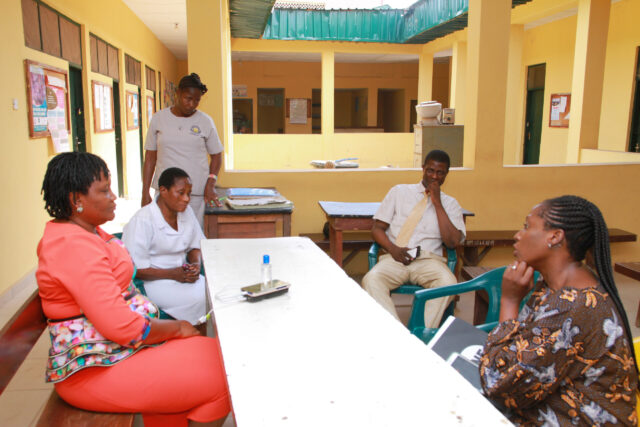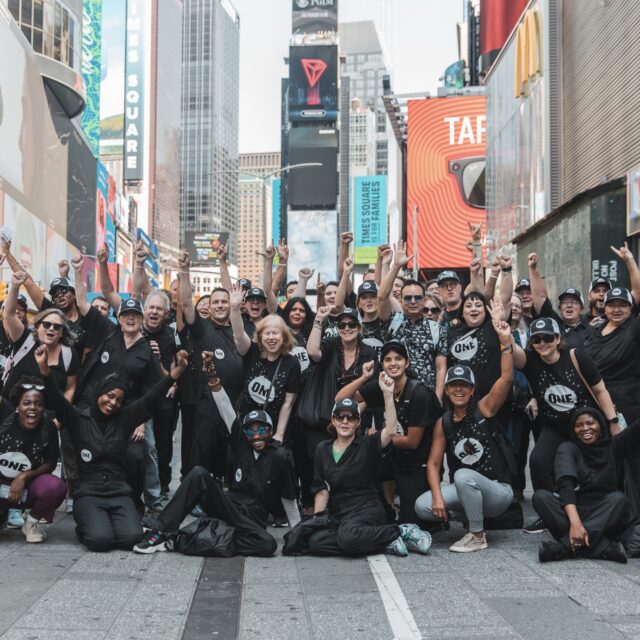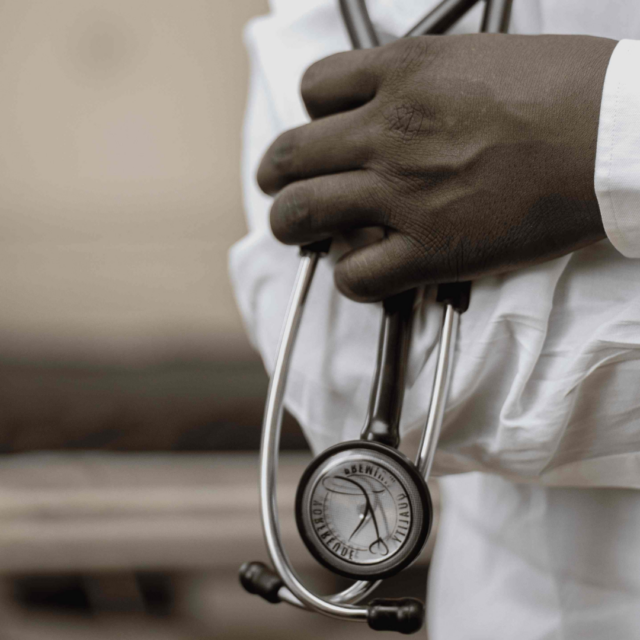COVID-19 has acted like a mirror of countries’ healthcare systems, revealing the vulnerabilities and pushing health systems to the brink. Worldwide over 3 million people have a confirmed case of COVID-19 and it has resulted in over 220,000 deaths.
As countries balance the tightrope of a health, economic, and in some cases security crisis, everyone is asking: when will this pandemic be over? The answer is: when we have a vaccine or some effective remedies. However, when the vaccine is found, a question remains in Nigeria: Will the country be able to deliver that vaccine to its citizens? To be sure the pandemic will have a ripple effect on our social behavior, economies, and health systems for years to come.
Vaccines are one of the most effective ways to prevent infectious diseases. Using the ingenuity of the body’s immune system and modern science, vaccines give us a shot at life. The world focuses on the heroic work of protecting the health of everyone everywhere by the people that develop, deliver, and receive vaccines. The swine flu (H1N1) of 2009 — which infected well over 700 million people — still exists today. Because of several factors, including vaccines, H1N1 does not make headlines any longer. Integral to ending the COVID-19 pandemic is finding a vaccine.
When we have a treatment for COVID-19, who will be reached?
But, vaccines do not administer themselves. They need a robust system to get delivered to everyone, no matter where recipients live. A vaccine should reach you through your primary healthcare center, whether you live in the rural areas in Sokoto, urban slums of Lagos, beyond the creeks of Bayelsa, or in the hills of Adamawa states. Given community spread of highly contagious diseases like COVID-19, vaccines are the safest ways to increase immunity in order to keep you and your family safe. The fact remains that none of us are safe until all of us are safe.
Nigeria’s established ways of distributing vaccines are through primary healthcare centers (PHCs). PHCs are the backbone for any health system in the world. Primary healthcare centers have the ubiquity to reach everyone no matter where they live. Nigeria has about 30,000 primary healthcare centers and abysmally an estimated 80% are dysfunctional. Only 1 in 5 healthcare centers work to a considerable extent.
This is damning news for all Nigerians. Think of this scenario: if tomorrow we have a COVID-19 vaccine, most of Nigeria’s population who live in rural areas or who cannot afford private care will not be reached. While some might feel safe based on their ability to get immunized, a majority of Nigerians may not get the vaccine. They will in turn interact with you, your children, and loved ones. It begs the question, how safe are you really?
The Gavi, the Vaccine Alliance is an international public private partnership with an objective of ensuring equity to access new and underused vaccines for those living in low-income countries. Simply put, Gavi raises funds for vaccine production and ensures that rich countries where vaccines are often created share access with countries like Nigeria.
Gavi began supporting Nigeria 19 years ago and has provided nearly US$1.3 billion. A prerequisite to partnership with Gavi is that the Nigerian government must match Gavi funds. As such, the Nigerian government has committed about US$2 billion for vaccines until 2028. Read more at https://www.gavi.org/programmes-impact/country-hub/africa/nigeria
The partnership with Gavi has enabled cold chain expansion, which is critical for vaccine storage as well as efficacy and training thousands of health workers, amongst other initiatives. Even with the availability of the vaccines and a trained health workforce, we need effective distribution through primary healthcare centers.
How Nigeria can ensure no one is left behind
All is not doom and gloom. The newly awarded Basic Healthcare Provision Fund (BHCPF), a national program stipulated by the National Health Act 2014, already has funding approved by President Muhammadu Buhari worth N55billion in 2018 and N44 billion in 2019. Like GAVI, BHCPF requires states to also contribute funding for primary health care, in conjunction with the federal government.
The Basic healthcare Provision Fund is currently the lowest hanging fruit to strengthening our primary healthcare systems. The herculean task of funding a health program has already been achieved. In a typical pattern, however, it seems to be stuck in implementation. The Basic Healthcare Provision Fund, called Huwe (an Ebira word meaning life) is already funded to provide free basic services to populations that need it the most. Before the program begins, the primary healthcare must be renovated and made functional, complete with running water. Then medicines are purchased two months at a time and provided to each participating primary healthcare center. Based on the current program design, there must be one functional PHC in every ward in Nigeria.
Today, Huwe is yet to fully take off. This implementation delay prompted a call to review the program’s operational guidelines. The operational guidelines are the lynchpin of actualizing Huwe. The Ministry of Health has completed review of the program’s operational guidelines, which began in February 2020. The new guidelines must urgently be shared with stakeholders and the Huwe program must fulfil its intended objective. The time to implement is now.
The Minister of Health, Dr. Osagie Ehanire, has understandably been preoccupied by Nigeria’s national response to COVID-19. However, that battle is not complete if we focus on near-term COVID-19 statistics without focusing on the solution.
Ensuring Huwe works should be an integral part of the COVID-19 battle. PHCs already have a network to reach people in remote communities with treatments, drugs, and life-giving information about COVID-19. Without Huwe, Nigeria loses an opportunity to increase the functionality of our primary healthcare systems. Without functional PHCs, we are unable to deliver vaccines. Without the effective delivery of vaccines, we remain in the grip of COVID-19 and untold pandemics into the future.
Nigeria cannot afford an appalling 20% of functional PHCs.



